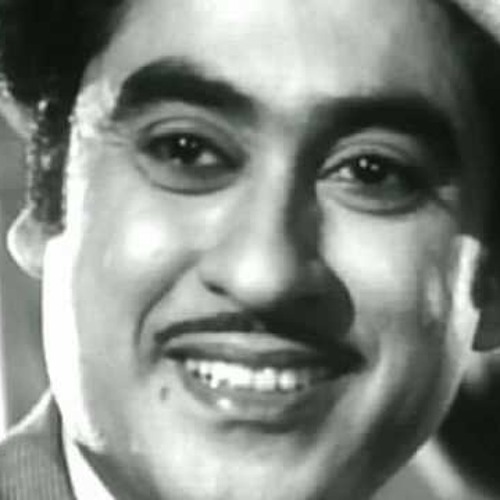

Tere dil ko, bhi sanam tujhse, shikayat hogi. That upon you too there will be no kindness. (But) I spoke your name, for as long as I lived,Īnd only that today this madness has ended. When my life finally leaves this unsuccessful heart. Jaan jab iss, dil-e-nakaam, iss se rukhsat hogi. Today your disgrace for my affection, will be (known) on all the streets.

Meaning and ContextĪaj ruswa teri galiyon mein mohabbat hogi. The best way to follow the lines is to listen to the song on YouTube at the same time. He is in love with her and is simply warning her of what might happen.įor the most part the Hindi is simple to understand and even if you did not know the Urdu words, it is possible to figure out the meaning. After the chorus part he says that he is unhappy to see this happen, and you too will be unhappy my love.

In this context, inayat means kindness, and therefore the meaning of this line is that the hooded figure that comes on judgement day will not look upon you with favour or any kindness. Inaya and can mean care, favour or kindness. Inayat means kindness and favour, and enaayat means justice. In this line, tujh pe (upon you) is a critical term to realise. This line continues to the next where he expresses, yet you only had hatred (nafret) for me. However, essentially he is saying that he loved her so much. In addition, parwaah nah, can mean shrug off, as in nazar andaaz karna. Though in Urdu, parwaah can have many other meanings besides moth. He was honest like moth to a flame, ever constant and true, even if it brought his destruction. In this line he is expressing his devotion that he thought of her up to his dying moment. I spoke your name, for as long as I lived, my flame, your moth Tera naam liya, jab tak bhi jiya, ae shama, tera parwana He calls it an unsuccessful heart because he was turned down, and does not know why. Here he is essentially expressing that his love and devotion was so strong that he will think of her to the end right up to the point when his soul leaves his heart. This line is absolutely tragic and sorrowful. Your name will come out of these lips, when life leaves this unsuccessful heart Naam niklega, tera hi lab se, jaan jab iss, dil-e-nakaam, iss se rukhsat hogi Subaah, however in Arabic it becomes ssabahh (or saba). In Arabicīreeze is nasim, and draught is nasama, however in Urdu breeze isīaad, and I usually say hawa in Hindi. This also describes what happened in the film storyline because the woman turns down the man, and consequently the rejection makes him feel unsuccessful.īaad-e-saba, may also need explanation. Hence nakaam, approximates to unsuccessful. Successful is usually kaam ran, and successfully is They also have similar terms such as uzb rukhsat,ĭil-e-nakaam is one of those interesting words that many will not have come across. Rukhsat-e-ittefaaqi would mean casual leave, and it can also be used to mean depart, holiday, and dismiss. Rukhsat means leave as in depart, and in this context it means to leave the world. Once he dies, everyone will know that his sweetheart rejected him and consequently, she would be disgraced. In the arc of the storyline, he is about to kill himself and therefore the first five lines of the lyrics are in that context. Ruswa, has multiple meanings, however they are mostly about vilifying a person, and usually involves defaming, or disgracing, one person amongst other people. Interestingly, in Arabic speaking countries, qayamat is more related with resurrection as in Once the effects of the potion wears off, he reappears and thinks that he has come back from the dead hence qayamat can also mean Interestingly, in the screenplay of this song, they show a ghostly apparition in a hood visiting the woman. Some cultures believe that a man in a hood (if they have been bad) will come to judge their deeds. Hence, qayamat can be considered to be judgement day, also known as Judgement day and that she would be punished. Having a guilty conscience, she felt that there would be a This song and the screenplay for it is therefore a dramatisation in this context.

He then goes to the girls house and sings this song, and although she cannot see him she can hear him, and therefore she thinks that it is his spirit that has come back to haunt her. Broken hearted, he decides to end his life and drinks an experimental potion that renders him invisible, and consequently he thinks that he is dead. In the film storyline the characters played by Kishor Kumar and Kumkum love each other, but she was unable to marry him for other reasons and turns him down. It is from the 1964 film Mr X in Bombay, which was a comedy science fiction in which Kishore Kumar is the actor and singer. Mere mehboob qayamat hogi, translates to English as,


 0 kommentar(er)
0 kommentar(er)
